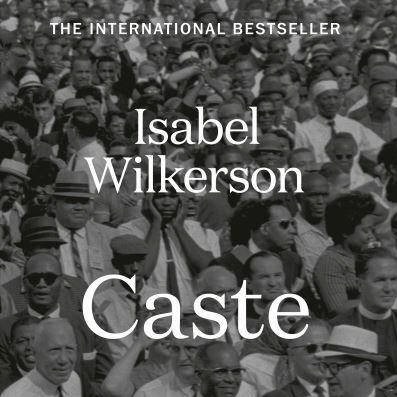Paula Spencer is Roddy Doyles eighth novel, the sequel to his fifth novel The Woman Who Walked Into Doors, which related the story of an unlikely heroine, a battered alcoholic house cleaner.Since The Woman Who Walked into Doors, Doyle has published two historical novels; A Star Called Henry and its sequel Oh Play That Thing. A Star Called Henry had some powerful writing in it. Descriptions of the Dublin tenements were particularly good, writing about the poor and working class being a speciality of Doyle's. Yet as a reader, I never felt the intense sympathy for Henry which I felt for Paula in The Woman Who Walked Into Doors. With the publication of Oh Play That Thing, I lost all interest in Henry. The narrative felt confused, the research hadn't mulched into the story and the humour had disappeared.
The Woman Who Walked into Doors was funny and savage, a triumph of writing, a seamless masterpiece. It is rare that a man can write successfully about a woman yet Doyle's sensitivity and perception put the reader right in the story, living the life of Paula Spencer.
In Doyle's new novel, his eponymous heroine is 48 and off the booze for four months. Her husband Charlo, the brutal Dublin gangster who beat her senseless in The Woman Who Walked Into Doors, is dead 11 years, having been shot by Gardai in a botched robbery. She is still working as a house cleaner, living on the same housing estate, dealing with the reality of sober life. She's doing it alone: No 12-step programme for Paula, who lives with her two youngest children Leanne and Jack.
Paula is haunted by memories, sometimes memories of Charlo's cruelty, but mostly memories of what her alcoholism did to her children. Doyle's flashbacks segue effortlessly into Paula's present life. The reminders don't just come from Paula herself. She sees how Nicola, her married daughter, watches over her, ringing anxiously every day. Jack, still at school, surreptitiously checks her breath and looks around the room for empty bottles. But while Jack and Nicola try to hide what they are doing, Leanne reminds Paula to her face. Leanne, at 24, still wets the bed and is probably already an alcoholic. Paula wrestles with the problem and her own guilt. "It's good. She's confronted it. She's started. We have to talk about this. She's doing what she should do. It's good.
It's fucking sick. She's climbing over Leanne to feel good "
Money is still a problem at the beginning of the book. The local supermarket is "a bare shell of a place". She goes to Tesco as a treat when she can afford it, but can count the number of times she's been there on two hands. Paula takes an extra cleaning job so that she can buy Jack a computer, cleaning up at a White Stripes concert in a park late at night. This is one of several magnificent set pieces, a chilling description of Paula's journey to Marlay Park and the casual way these cleaners are treated. She is the only white woman in a van full of Nigerian women, one of the many changes in recent Irish society which Doyle's marks with his trademark humour.
Paula thinks the van driver might be Irish "his ears look Irish." People are taking off for foreign holidays so that they can smoke in pubs. Their reaction to Ireland's smoking ban: "people being treated like lepers in their own country."
Paula thinks back to the 80s, when Dublin experienced an explosion of cheap heroin on the market. Her eldest son John Paul became an addict. Dublin's working class suffered badly. "They'd probably known it already. A lot of families had one, more than one. It was like an alien invasion. Nothing to do with them, but coming up the path."
John Paul is now reformed. She admires his self control but can't seem to get close. Will she ever be forgiven? John Paul's mother-in-law was a heroin addict, " a hard thing to imagine, a granny who is a heroin addict John Paul got there before Paula; it was hard to imagine a granny who's an alcoholic."
It hurts a lot of the time, but Paula's humour is her strength. She looks away, says 'it's grand' but always comes back for that second painful look. There isn't a single note of sentimentality, as Paula advances painfully, one day at a time, in this truthful funny chronicle of recovery.

